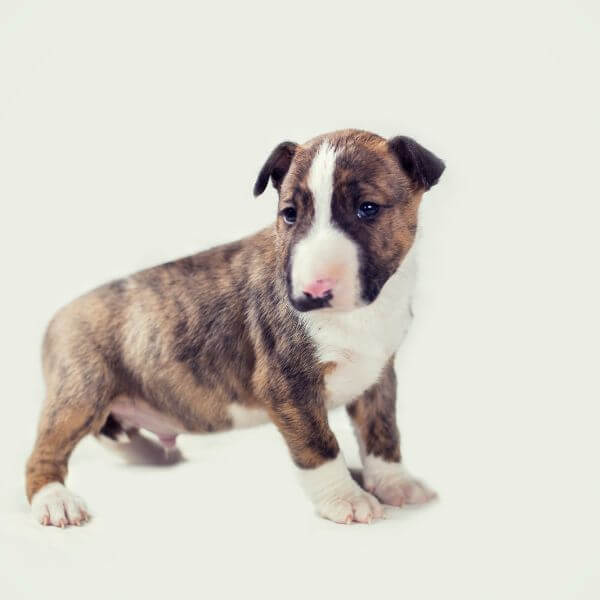PetMeetly helps you adopt a Bull Terrier: Find Your Perfect Companion Today!
Petmeetly is an exceptional website that connects animal lovers and pet owners, providing a reliable service for those seeking to adopt or rehome Bull Terrier. Our primary objective is to establish a community where individuals can find their perfect furry companion while offering a safe and caring haven for needy animals.
With Petmeetly, locating your new furry friend has never been easier. You can utilize our platform to browse available Bull Terriers in your locality and connect with their owners. Our extensive search options make it simple to identify the Bull Terrier that best fits your lifestyle and preferences.
Also, Petmeetly offers a perfect platform for finding your beloved Bull Terrier a new, loving home if you decide to rehome them. Our platform is made to link you together with prospective adopters who are willing to give a Bull Terrier a loving and responsible home. You may relax knowing that your pet is in capable care and will have a loving home.
Every pet needs a loving home, and at Petmeetly we are dedicated to animal welfare. Join our community now to begin your hunt for the ideal canine friend or to support Bull Terrier in need.
Everything about Bull Terrier

Height
Weight
Lifespan
Coat
LENGTH OF THE COAT
GROOMING AND SHEDDING
Energy
Barking
Intelligence
Adaptability and trainability
Affectionate with family
Good with young children
Good with other dogs and animals
Behavior towards strangers
Meet our Bull Terrier
Decided to adopt a Bull Terrier?
It’s essential to consider carefully these aspects before introducing a Bull Terrier into your home to make sure you can provide your new furry family member with a happy and healthy existence.
- Make sure your living situation is suitable for a Bull Terrier:
Bull Terriers are energetic and active dogs that need plenty of space to run and play. They are not suitable for apartments or small living spaces and need a securely fenced yard to play in. If you live in a small space, consider adopting a different breed.
- Consider adopting an adult Bull Terrier:
Puppies require a lot of time and attention, including frequent potty breaks, socialization, and training. Adult Bull Terriers are typically already house-trained and have some basic obedience skills, making them easier to integrate into your home and lifestyle.
- Socialize your Bull Terrier early:
Bull Terriers can be prone to shyness or aggression towards strangers or other animals if they are not properly socialized as puppies. Early socialization with a variety of people, animals, and situations can help your Bull Terrier become a well-adjusted and confident adult.
- Be prepared for potential health issues:
Bull Terriers are prone to several health issues, including deafness, allergies, and kidney problems. Before adopting a Bull Terrier, make sure you have the financial resources to provide ongoing veterinary care and possible medical treatments.
- Be patient and consistent with training:
Bull Terriers are intelligent but can be stubborn and strong-willed, requiring consistent and patient training. Positive reinforcement training techniques, such as clicker training or reward-based training, can be effective with this breed.
- Consider adopting from a reputable breeder or rescue organization:
When adopting a Bull Terrier, it’s important to choose a reputable breeder or rescue organization that prioritizes the health and well-being of their dogs. Avoid puppy mills or backyard breeders, which can result in poorly bred and unhealthy puppies.
We put together a checklist to prepare you for your new Bull Terrier and to make your adoption process safe and stress-free.
We put together a checklist of essential factors to consider for a smooth and safe transfer of your Bull Terrier to the new owner.
